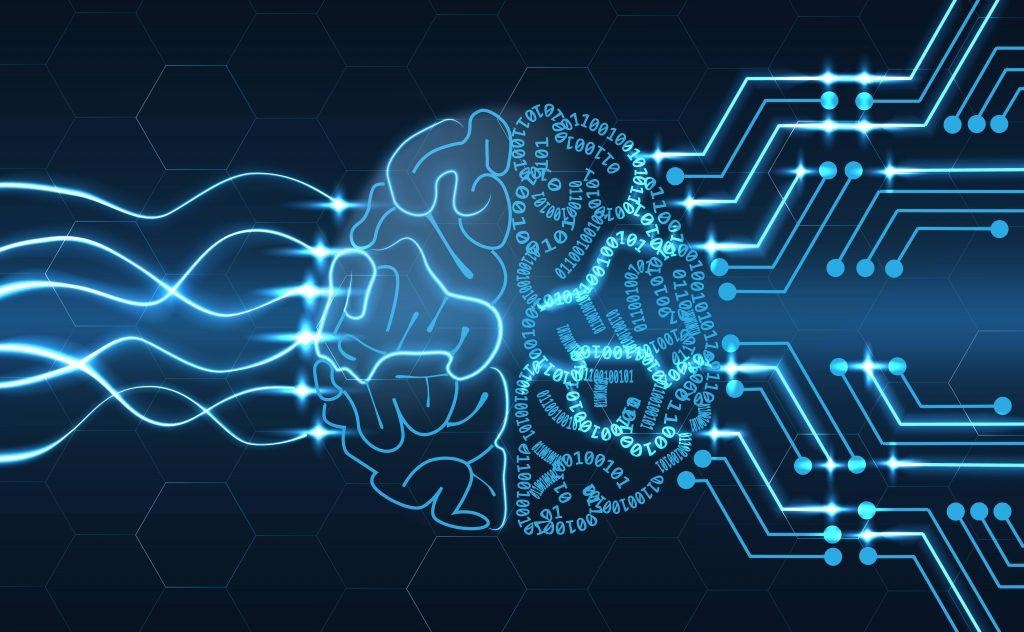
Image Credit: Mayo Clinic.
In the coming days, electrical stimulation might assist people with direct brain injuries like strokes and psychiatric illnesses.
Yet, studying the way brain networks interact with each other is highly complex. The exploration of brain networks can be done by inducing short pulses of electrical current in one area of a patient’s brain while quantifying voltage responses in other areas.
Theoretically, one should be capable of understanding the brain network structure through this data. However, when it comes to real-world data, the issue seems to be more complex since the recorded signals are complicated and only a limited amount of measurements can be performed.
For managing the issue, scientists at Mayo Clinic have come up with a set of paradigms, or viewpoints. This helps to facilitate comparisons between the effects of electrical stimulation on the brain.
The research group from the Mayo team collaborated with an international expert in artificial intelligence (AI) algorithms to design a new kind of algorithm known as “basis profile curve identification.” This was done because a mathematical method to characterize the way assemblies of inputs converge in human brain regions was not available in the scientific literature.
In a study reported in the journal PLOS Computational Biology, an electrocorticographic electrode array was placed in a brain tumor patient to find seizures and map brain function before tumor removal. Each electrode interaction led to hundreds to thousands of time points to be studied with the help of the new algorithm.
Our findings show that this new type of algorithm may help us understand which brain regions directly interact with one another, which in turn may help guide placement of electrodes for stimulating devices to treat network brain diseases.
Kai Miller, MD, PhD, Study First Author and Neurosurgeon, Mayo Clinic
“As new technology emerges, this type of algorithm may help us to better treat patients with epilepsy, movement disorders like Parkinson’s disease, and psychiatric illnesses like obsessive compulsive disorder and depression,” added Miller.
“Neurologic data to date is perhaps the most challenging and exciting data to model for AI researchers,” stated Klaus-Robert Mueller, PhD, study co-author and member of the Google Research Brain Team. Dr. Mueller is also the co-director of the Berlin Institute for the Foundations of Learning and Data and director of the Machine Learning Group — both at the Technical University of Berlin.
As part of the study, the authors offer a downloadable code package to help others explore the method.
Sharing the developed code is a core part of our efforts to help reproducibility of research.
Dora Hermes, PhD, Study Senior Author and Biomedical Engineer, Mayo Clinic
This study was financially supported by the National Institutes of Health’s National Center for Advancing Translational Science Clinical and Translational Science Award, the National Institute of Mental Health Collaborative Research in Computational Neuroscience and the Federal Ministry of Education and Research.
Journal Reference:
Miller, K. J., et al. (2021) Basis profile curve identification to understand electrical stimulation effects in human brain networks. PLOS Computational Biology. doi.org/10.1371/journal.pcbi.1008710.